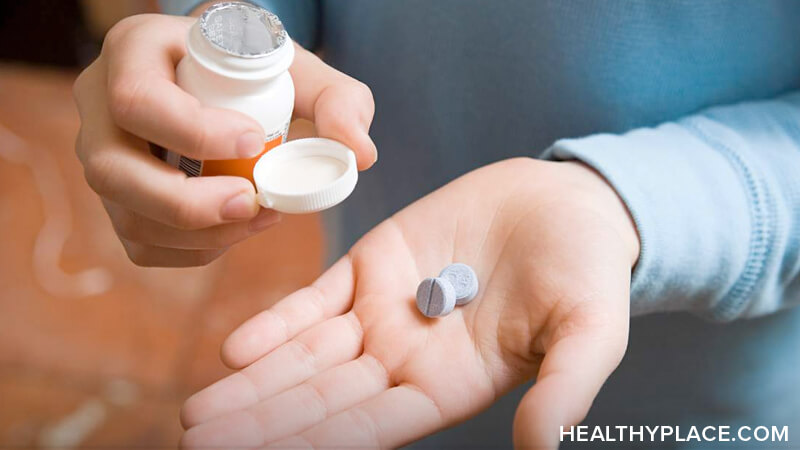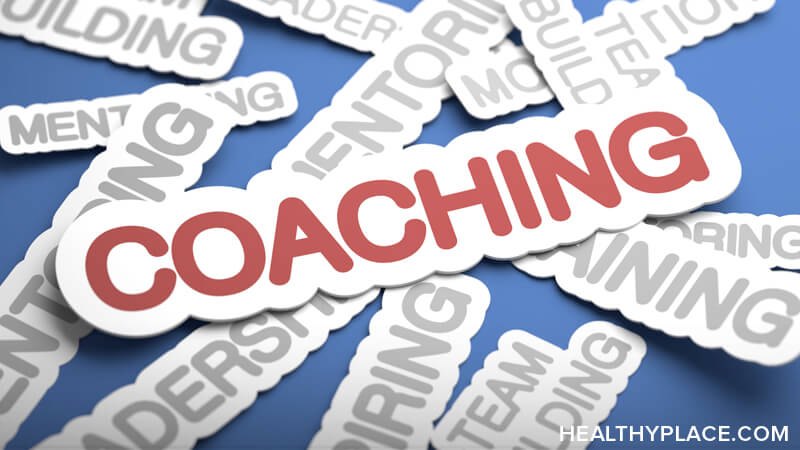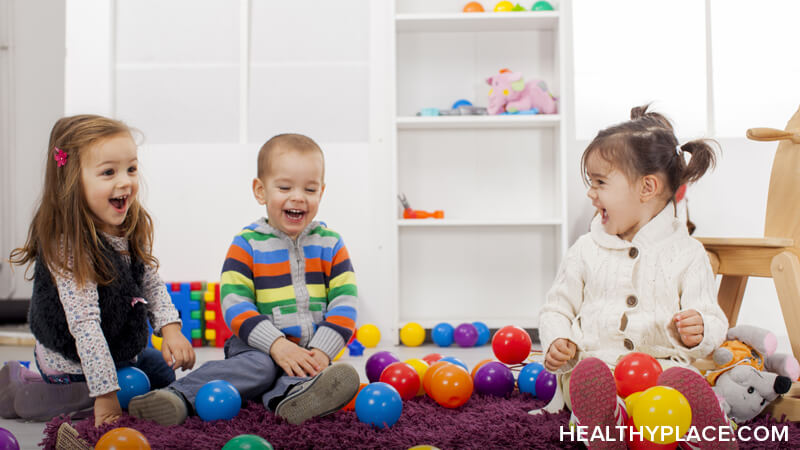Natural Remedies for ADHD: Alternative Treatments for ADHD

Natural remedies for ADHD may seem like a viable alternative to taking stimulant-based ADHD medications day after day. Many online ads and late-night television commercials tout a natural cure for ADHD. While tempting to try, most of these natural remedies for ADHD probably will not effectively control the symptoms of ADD or ADHD. Leading experts and ADHD researchers know of no natural cure for ADHD. Talk to your health care practitioner (see Getting ADHD Help) before trying any of these natural remedies. Read the information and research any claims about remedies you might find interesting from a variety of sources.
Debunked Alternative Treatments for ADHD
Diet-Based Natural ADD Treatment
Numerous special diets and food-avoidance lists, advertised as alternative treatments for ADHD, have gained popularity over the years. One such diet that gained rapid popularity, called the Feingold Diet, involved the methodical elimination of certain food additives and preservatives. Ben Feingold, MD, theorized that these additives and artificial flavorings caused hyperactivity in children; thus, their elimination would reduce hyperactive behavior. Numerous scientific studies have disproved Feingold's theory and elimination diet as having any appreciable effect on hyperactive behavior.
Others proponents of dietary manipulations as alternative treatments for ADHD postulated that dietary sugar and simple carbohydrates could cause ADHD in children. This sugar elimination diet has caused a significant amount of controversy over the years. Although research shows that ingesting refined sugars and carbohydrates can cause an activity spike for the child, due to a rapid increase in blood glucose, the heightened activity lasts a short period of time and a period of decreased activity often follows. Currently, no evidence suggests a link between a high sugar diet and a child's development of ADHD (see How Do You Get ADHD? Cause of ADD and ADHD).
Likewise, taking zinc supplements, as a natural ADD treatment has no measurable effect on children diagnosed with the disorder. Furthermore, long-term use of zinc can cause anemia in those without a zinc deficiency.
Omega-3 fatty acids, called essential fatty acids, provide an important piece of the components necessary for normal brain function. The omega-3 fatty acids, found naturally in certain fish and vegetable oils, may benefit people with ADHD, but more research is needed. Experts do not know whether supplementary docosahexaenoic acid (DHA) or eicosapentaenoic acid (EPA) offers any benefits as a natural ADD treatment.
Other Popular Approaches for Treating ADHD Without Medication
One alternative approach for the treatment of ADHD without medication uses daily massage therapy. While this daily treat may make people suffering from the disorder feel happy and more relaxed, resulting in sharper focus and reduced restlessness, it does not address the underlying cause of the condition.
Some parents and adults may feel tempted to try using herbs and supplements to treat their child's or their own ADHD, but no evidence exists that suggests these provide any benefit at all.
Promising ADD Alternative Treatments
Two ADD alternative treatments that show promise in increasing children's attention and focusing abilities include biologic and auditory feedback. These may also prove effective as an adult ADD treatment.
Biologic Feedback
Neurofeedback, a biologic feedback technique, uses electronic devices that teach the child or adult to control his brain wave activity. Through attending several of these 50-minute sessions, the patient learns which brain wave activity indicates full focus and concentration. A number of small research studies have indicated a considerable reduction in inattention, impulsiveness, and restlessness.
Auditory Feedback
Interactive Metronome and Musical Therapy utilize sound feedback to improve attention span and focusing ability. Children complete a series of exercises in rhythm to a computer-generated beat while wearing headphones and hand and foot sensors. Preliminary studies indicate this technique to benefit children by improving attention, language comprehension, and reducing negative behaviors.
APA Reference
Gluck, S.
(2021, December 20). Natural Remedies for ADHD: Alternative Treatments for ADHD, HealthyPlace. Retrieved
on 2025, July 17 from https://www.healthyplace.com/adhd/adhd-children/natural-remedies-for-adhd-alternative-treatments-for-adhd








